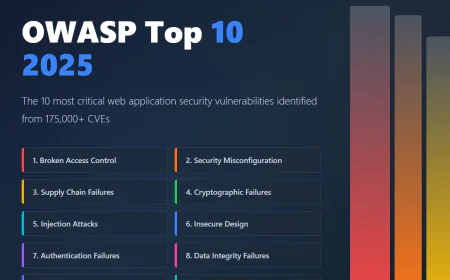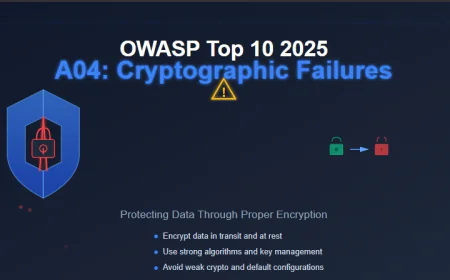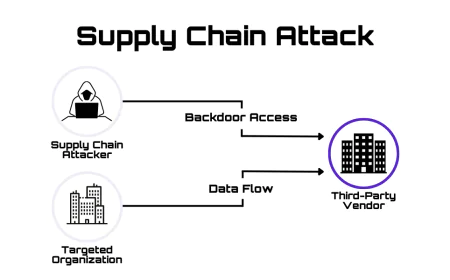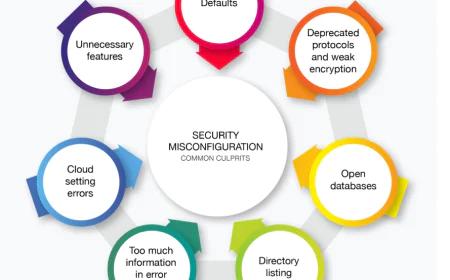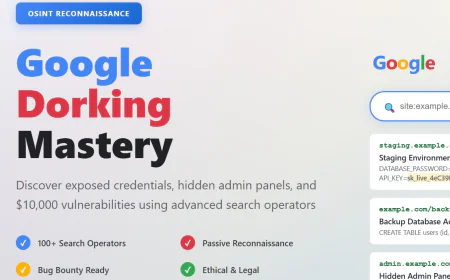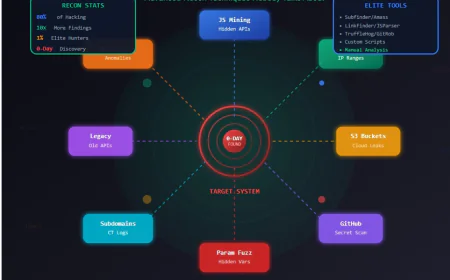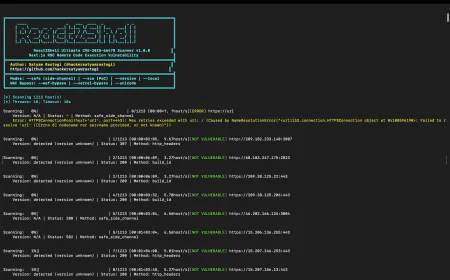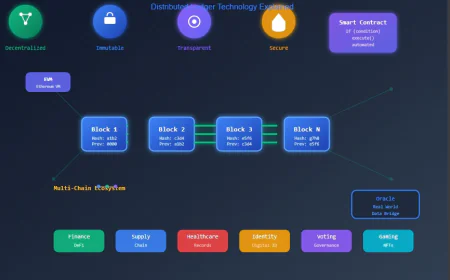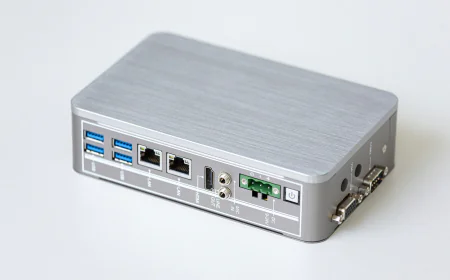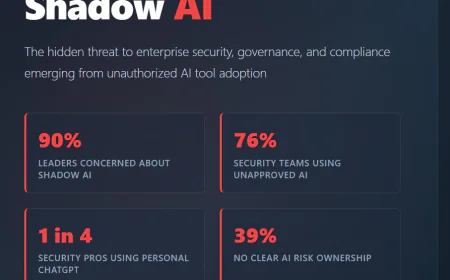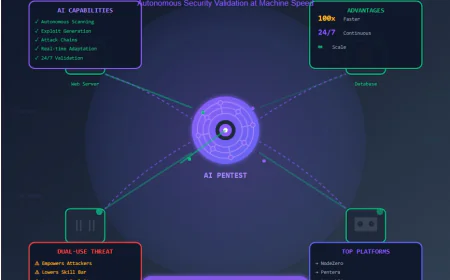The DPDP Act, 2023: India's New Era of Data Privacy and Cybersecurity
The DPDP Act, 2023 is India's first comprehensive data privacy law, mandating explicit user consent and strict security for digital personal data processing. It grants citizens rights over their data and imposes significant penalties (up to ₹250 crores) on organizations for violations, with enforcement managed by the Data Protection Board of India.

Introduction
India established the DPDP Act also known as the Digital Personal Data Protection Act, 2023 on August 11, 2023. It is an Act of the Parliament of India. The Protection Act marks a historic milestone for India’s cybersecurity and privacy framework. There are a lot of cases where there has been misuse of personal data, breaches and unauthorized transfers. The aim of the DPDP Act is to match the international data protection standards like the General Data Protection Regulation. The focus is only on the personal data and not on the non-personal ones.
In 2017, the digital personal data protection started with recognizing privacy as an important fundamental right by the Supreme Court. The old laws before this were very weak and not good enough. When the DPDP Act finally passed in August 2023, it acted as a powerful tool for our digital world.
This Act was applied everywhere, whether it’s in India or outside India, if it follows the personal data of the people in India, it has to follow this law. Whatever organization that has your data has a duty to protect it at all cost. They also must be clear about exactly why they are using your information.
The DPDP Act is about creating trust, making the digital world a safer place for everyone.
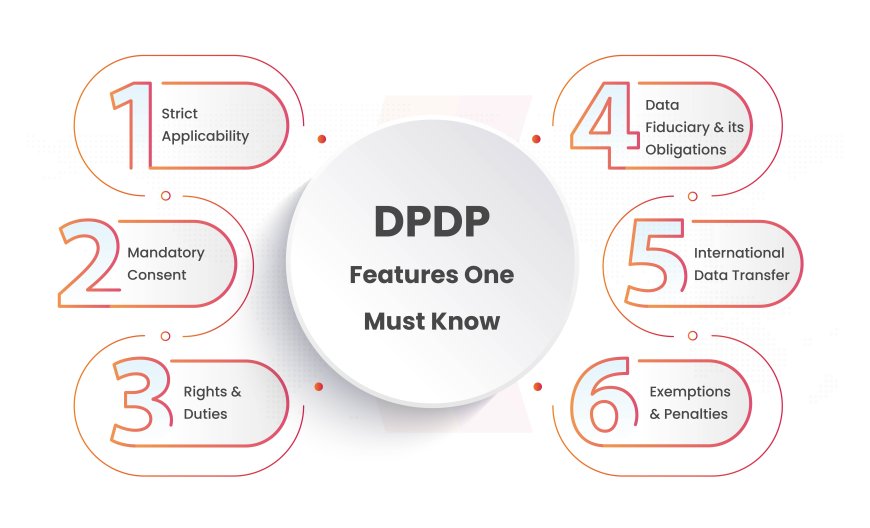
Background
The Right to Privacy verdict was given by the Supreme Count of India, on 24 August 2017. The Supreme Court held that the Right to Privacy is a fundamental right of any person.
A data protection framework was set up by the Government of India after the verdict had passed. It started taking steps towards the creation of the data protection legislation.
It acted as a huge “eye-opener”. Privacy is our right and the government has a duty to protect it.
The Personal Data Protection Bill, 2018 draft was released, following extensive public reviews. After further careful considerations on 4 December 2019, the bill was approved by the cabinet ministry of India. Later on 11 December it was tabled in Lok Sabha and was referred to the Joint Parlimentary Commitee.
Later, on 3 August 2022, the Protection Data Protection Bill, 2019 was withdrawn.
The Ministry of Electronics and Information Technology released the draft legislation of the data protection framework for public consultation on 18 November 2022, and on 3 August 2023, the Digital Personal Data Protection Bill, 2023 was introduced in the Lok Sabha.
After years of hard work, debate, and revisions, finally, in August 2023, the bill was passed and signed into law.
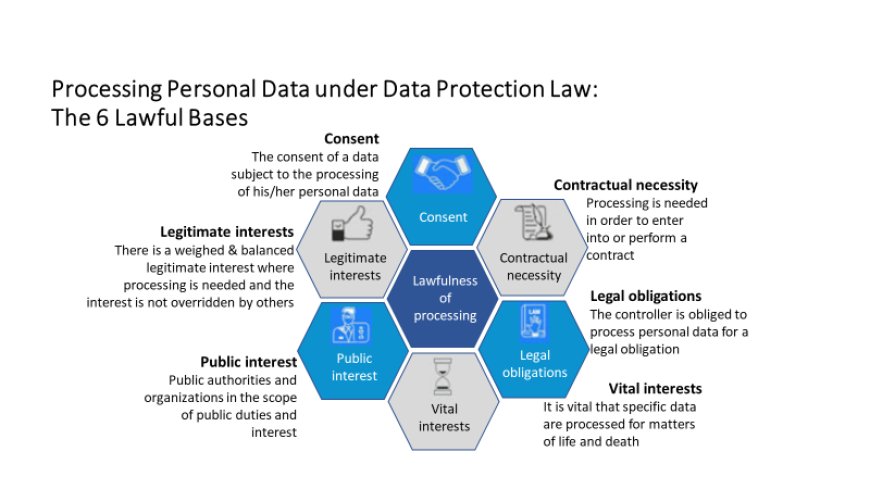
Core Principles of DPDP
-
Consent-Centric Processing
It simply means that before processing the personal data, must have your consent in a way that is clear and honest. Consent is only valid when the user understands purpose and use of data.
-
Data Minimization
The company must collect only the minimum data necessary to fulfil the objective. Extra data collection is prohibited. For example, an application only needs your name and email to work, it cannot demand your income or political views.
-
Accuracy
The data should be correct, the DPDP mandates that reasonable steps must be taken to ensure that the data is up to date and accurate. If anyone changes their address and phone numbers, the company has an obligation to update its records when informed.
-
Storage Limitations
Once the purpose is satisfied or if the retention period expires under law, organizations cannot hold the information. They are required to erase the personal data. This prevents the unnecessary risks and reduces the chance of breaches or misuse of records.
-
Security Safeguards
Our data must be treated valuably. Strong security measures must be taken like encryption and defenses to protect our information from hackers, breaches or any kind or leaks. The amount of sensitive data is the level of security that must match.
-
Accountability
Anything goes wrong, a specific person or team in a company is legally accountable. Keeping records is a must for the company in order to prove they follow all the rules. Failure or breaches can result in a penalty with the Data Protection Board of India.
By following these core principles, the DPDP Act establishes a modern privacy regime.
Key Provisions of the DPDP Act
The Digital Personal Data Protection Act (DPDP) 2023 establishes India's first comprehensive legal framework for protecting digital personal data while supporting lawful data processing. We can also say that India’s first comprehensive set of rules to make sure that the data is treated with respect and security. It gives us more control over our digital data.
Key provisions include-
-
Consent-Based Lawful processing of data-
Nobody can misuse the data, it can only be processed for lawful purpose and it requires clear consent from the individuals. For the children under the age of 18 years, consent of parents or guardians is required.
-
Right over our own data-
We are the owner of our data. We have the right to access, correct, or erase our personal data, without the consent to anyone. We also have a right to nominate our representative in case of absence or death.
-
Companies have clear duties-
The data handled by the organization have serious duties/ responsibilities under this law. Organizations must maintain data security and accuracy. In case of any data breach, they must notify immediately. Once the purpose is met, they have to erase the data.
-
Same Treatment
The law treats all digital personal data the same, there is no difference between sensitive and general data.
-
Global data-transfer-
The transfer of personal data across borders is allowed by this act except if the Indian government has blacklisted a specific country due to security or privacy.
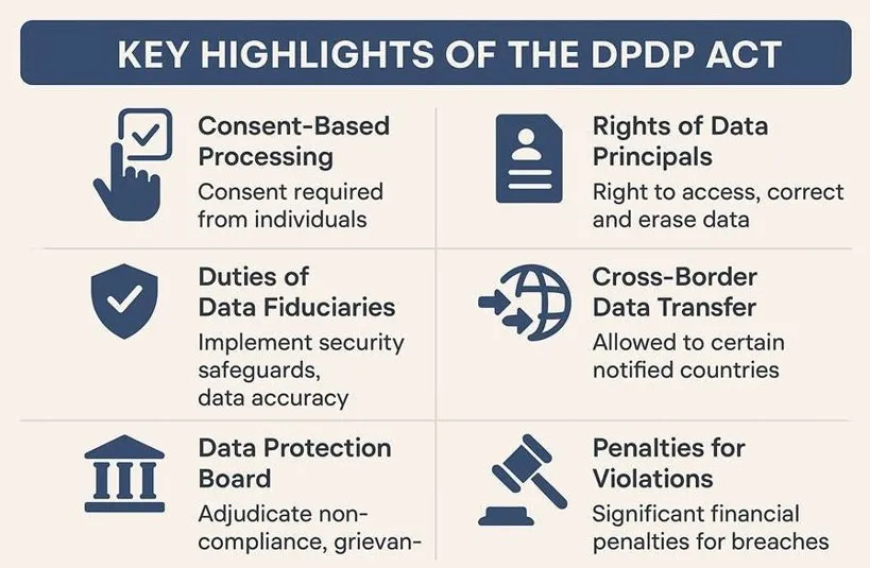
Compliance and Enforcement
Compliance under the Digital Personal Data Protection Act, 2023 requires organizations to seek valid consent for everything they do with the data. They should be clear, easy to understand and are often presented in accessible languages.
Strong security safeguards have to be implemented by the company. This is like putting your data in a digital safe with encryption, strong-passwords.
Compliance and enforcement under the Digital Personal Data Protection Act (DPDP) 2023 are overseen primarily by the Data Protection Board of India, which has wide-ranging powers to investigate, adjudicate, and penalize organizations for violations.
In case of any hacking or accidental leak, they must notify you and the new rule-keeper, the Data Protection Board of India. The Data Protection Board of India has the power to investigate any complaints, monitor company behavior, and hold formal hearings.
If a company fails to protect your data with reasonable safeguards, the penalties are massive up to ₹250 crores. Individuals are also empowered to seek file complaints, and companies are expected to response promptly through accessible grievance mechanisms. If the company ignores you, the ultimate appeal is to the Data Protection Board itself, which will investigate and ensure the company is held accountable.
Cybersecurity Implications
The Digital Personal Data Protection Act, 2023 (DPDP) says protecting a person's digital information is not optional; it's a legal requirement. It links data privacy with cybersecurity.
DPDP mandates reasonable security safeguards to protect personal data against data breaches and cyber-attacks by using tools like encryption and strict access controls. Organizations must maintain detailed logs, conduct periodic security audits, and minimize data retention.
If a security breach happens, the company must immediately tell two parties, the Data Protection Board of India and the person whose data was affected. Failure to implement adequate security safeguards can result in fines up to ₹250 crores.
Before launching any new service or system, they must first formally assess all the potential cyber risks and build protection directly into the design.
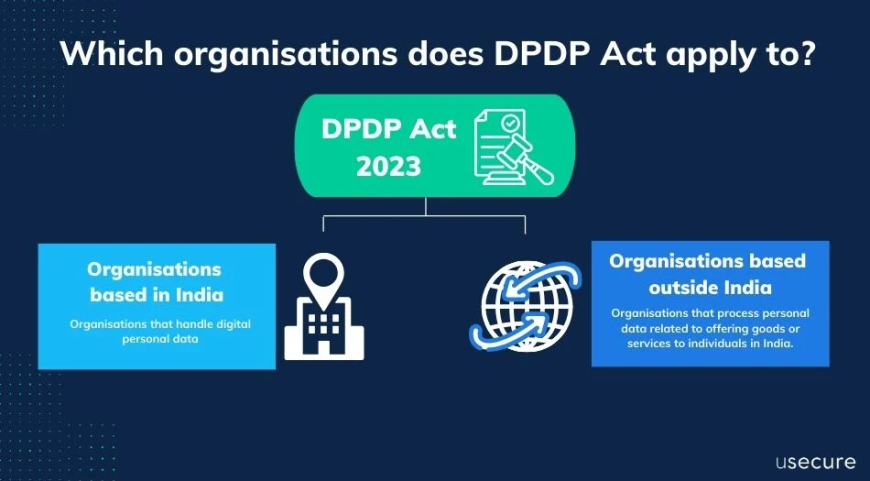
Opportunities ahead
The Digital Personal Data Protection Act, 2023 (DPDP) guides numerous opportunities for individuals, businesses, and the broader digital economy in India. This act is a foundation for building a stronger, safer, and more innovative digital India. It makes privacy strong for future growth. The act fosters trust and transparency making citizens assured that privacy is their fundamental right protected by law.
For businesses, organizations that prioritize data protection gain greater customer trust, which converts into loyalty, especially while seeking global partnerships and expanding services abroad.
Expected growth in the data protection and cybersecurity sector is another significant opportunity. The rise of professionals specializing in data privacy, legal compliance, risk management, and cybersecurity could lead to a surge in new jobs, the growth of consulting practices, and expanded opportunities for startups offering privacy-enhancing technologies and consent management tools.
Collectively all the factors strengthen India as a trusted hub in the global digital economy, making it a stage for innovation, investment, and user-centric digital transformation.
